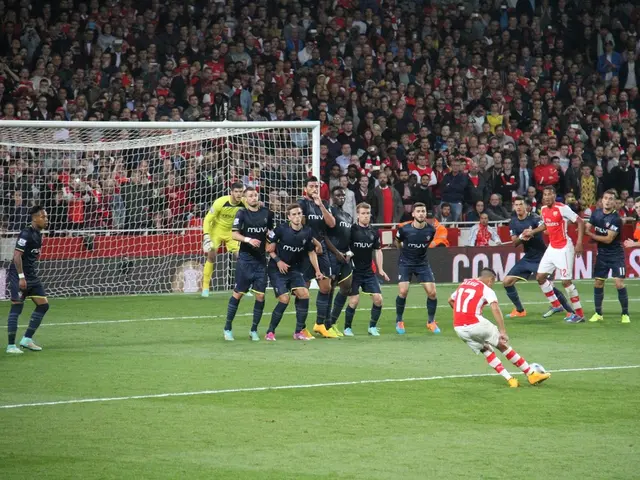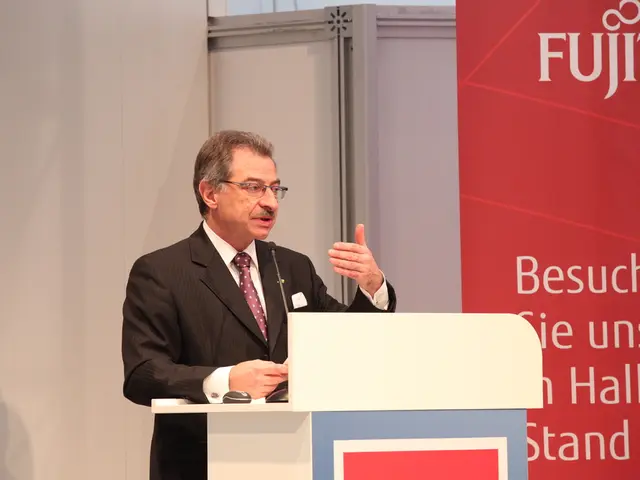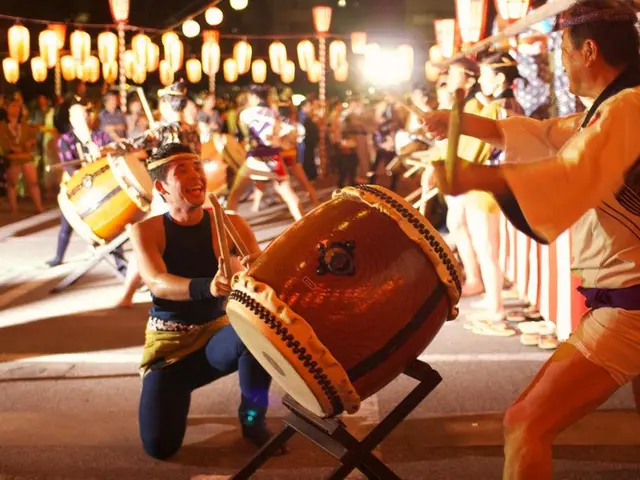Labeling adversaries as "communists" escalates the antagonism, drawing upon historical apprehensions of communism in America.
In a continuation of his long-standing tactic, President Trump has been weaponizing the term "communist" against his adversaries—from judges to educators—including his political opponents. This strategic labeling, reminiscent of the Cold War era, serves to paint opponents as threats to American identity, culture, and values.
Trump revealed his strategy in 2020 when he said, "All we have to do is define our opponent as a communist or a socialist or somebody who is going to destroy our country." However, it's important to note that in the United States, the core of communism is the belief that governments should manage the economy more than markets. Raymond Robertson of the Texas A&M University Bush School of Government & Public Service explains that very few serious individuals in the West are communists, except perhaps those advocating for government control of specific industries like U.S. Steel and Tesla.
While communism is still influential in countries such as China, Vietnam, North Korea, and Cuba, the term holds considerable emotional power and negative connotations in the U.S. Regardless of its accuracy, the word 'communist' is evocative and potent, especially for older Americans who grew up during the Cold War. This misinformation, augmented by contemporary platforms like social media, lends itself to easy propagation.
In recent events, Trump himself called out a handful of "communist radical-left judges," focusing on this propagandistic term during a week of troublesome economic and political news. The White House did not address what Trump meant when he used this term.
Trump's political ally, Stephen Miller, used the same incendiary word during a denunciation of past policies, ostensibly to appeal to older voters who lean towards Trump. The term "communist" dramatically emphasizes political adversaries, minimizing their legitimacy and overshadowing technical policy discussions.
Historically, the perceived threat of communism drove some of America's worst times, such as the Red Scare of 1920 and McCarthyism. Politically motivated fears of communist infiltration instilled a deep-seated mistrust of the ideology in American society, influencing Trump's rhetoric and appealing to his supporters.
While the Soviet Union no longer exists, replaced by authoritarian Russia, and communism's collapse began in 1989, it still exists in China, with which Trump is engaged in a trade war. The real modern debate revolves around the extent to which governments should intervene and the appropriate balance of capitalism and government intervention.
Raymond Robertson suggests that Trump's use of "communist" is nothing more than misleading political rhetoric that taps into people's emotional responses and aims to oversimplify complex political issues. By labeling opponents as "communists," Trump creates a clear enemy image, polarizing the public, and stimulating divisive political debates.
References:
- McCarty, Dustin, Keith T. Poole, and Howard Rosenthal. Polarized America: The Dance of Ideology and Unegalitarianism. New York: MIT Press, 2006.
- Katznelson, Ira. "Naming the Enemy: The McCarthy Era and the Origins of Anti-Communism in the United States." The Journal of American History (2001): 1426-1453.
- Cobb, Andrew J., and Richard C. Fording. "Political Polarization in American Politics." The Annual Review of Political Science (2013): 415-434.
- Gilens, Martin, and Benjamin I. Page. "Testing Theories of American Politics: Elites, Interest Groups, and Average Citizens." Perspectives on Politics (2014): 564-581.
- Zaller, John R. "The American Public: A Sourcebook." Routledge, 2019.
- Despite the collapse of communism in many countries, its negative connotations remain powerful in American political discourse, similar to Trump's strategic labeling of adversaries as communists.
- The use of the term 'communist' as a tactic by Trump and his political allies, such as Stephen Miller, creates an enemy image and polarizes the public, inciting divisive political debates.
- Older Americans, who grew up during the Cold War, are particularly susceptible to the emotional power of the word 'communist', making it a potent tool in propaganda.
- In the continual weaponization of the term, Trump accused a few "communist radical-left judges" of threatening American values and culture.
- Once again mirroring the Cold War era, Trump's strategy aims to discredit political opponents by associating them with a perceived threat to the nation.
- The real modern debate, however, revolves around the balance of capitalism and government intervention, rather than the presence or absence of communism.
- Echoing this debate, government control of specific industries, such as U.S. Steel and Tesla, could be considered 'communist' by some, but Raymond Robertson argues that very few serious individuals in the West subscribe to this ideology.
- The intellectual foundation of communism in the United States centers on the belief that governments should manage the economy more than the markets, though this is seldom implemented in practice.
- Historical events such as the Red Scare of 1920 and McCarthyism, driven by politically motivated fears of communist infiltration, instilled a deep-seated mistrust of the ideology in American society.
- In today's digital age, misinformation about communism, like other political narratives, spreads easily through social media, fueling heated public discourse and debates about politics, policy, and pop-culture.








